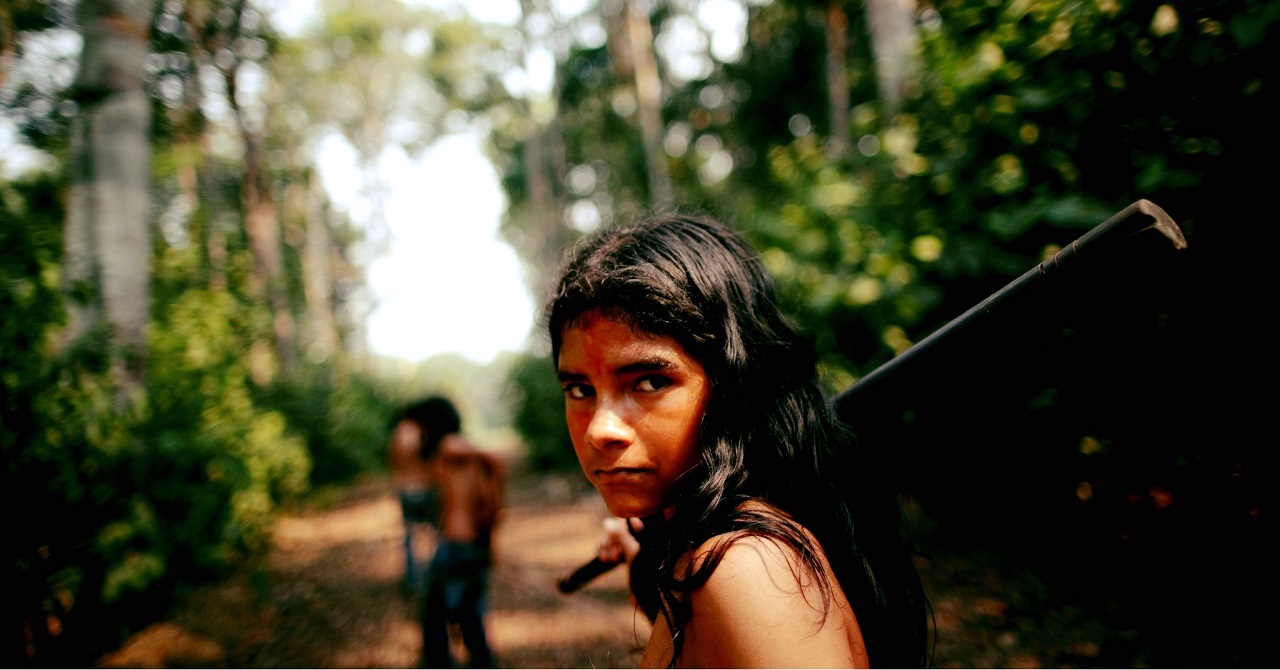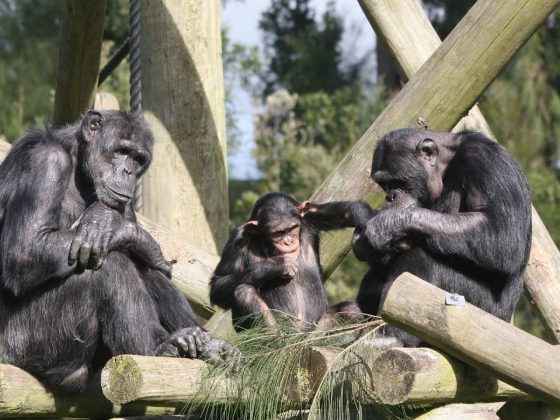The development of the human desire to enjoy is revealed to us today in all its nuances, from power struggles between relatives to wars between countries and blocs.
This desire leads us to reveal our evil human nature so that we understand that we are unable to continue living this way and to realize that there is no choice but to make changes that will allow us to survive.
As an example, let’s journey into the depths of the Amazon rainforest. Imagine meeting the indigenous people who do not feel that they and you are different souls. Any person who happens to cross their path feels like a family member to them, and they harbor no malicious thoughts toward others.
In contrast, take a flight to one of the world’s metropolises and tour their magnificent cultural monuments. If you suddenly hear quick footsteps behind you, your heart would start racing and you would glance behind you to check if you are about to be attacked by a stranger.
“The more developed a culture is, the more alienation, loneliness, danger, and fear are felt within it. Now even at home, what should be a person’s safe haven, there are power struggles and fierce competition between siblings (who is stronger, who is more successful, who is in control) and between spouses.”
The more developed a culture is, the more alienation, loneliness, danger, and fear are felt within it. Now even at home, what should be a person’s safe haven, there are power struggles and fierce competition between siblings (who is stronger, who is more successful, who is in control) and between spouses.
In advanced societies, the feeling of natural closeness is fading because that is human nature. The inner engine of the world is the desire to have pleasure. This desire develops in us and, on one hand drives us to invent advanced technologies and complex and sensitive capabilities, and on the other hand, it gradually decouples us from each other. Once, human society lived exclusively in relationships like those between tribes in the Amazon. Today, people live largely in a cruel, competitive, and militant global metropolis.
“In an evolved human being, the balance no longer works instinctively, but we must learn to activate it. We must learn the method to bring humanity to a state where no egoist pressure takes over, exploits and conquers others, but on the contrary, activates the desire to benefit others; we will develop a real sense of we.”
Even in kindergarten, you can see how this desire works, how children who have several toys in their hands and could give some away to others, instead they hold on to them and do not share. For us adults, the desire for pleasure is disguised in layers of politeness and sophistication, but it has clearly multiplied and intensified. These are indicators of growing egoism, the growing natural desire to satisfy oneself without regard for others.
Even if we understand that it is impossible to continue like this and that we are destroying ourselves and the world with us, how will we deal with the same natural desire to receive for our own benefit at the expense of others that has grown within us? Where will we get the strength to change? How can we shape the desire to have pleasure only for ourselves so that we still feel close to others, at least to the point of not eating each other up?
Animals also have a desire for pleasure, but it is limited. It does not allow them to destroy each other. There is a balance between all animal and plant life forms, they support and help each other. But in humans, the ego grows to think that there is only room for one person in the world—and that is me!
In an evolved human being, the balance no longer works instinctively, but we must learn to activate it. We must learn the method to bring humanity to a state where no egoist pressure takes over, exploits and conquers others, but on the contrary, activates the desire to benefit others; we will develop a real sense of we.
When we begin to take even small steps toward connectedness, a new attitude reveals itself in the will of man, a trait of giving that comes from the universal power of nature, the power that created us. It expects us to change our selfish attitudes and change our actions for the benefit of all, including ourselves.











